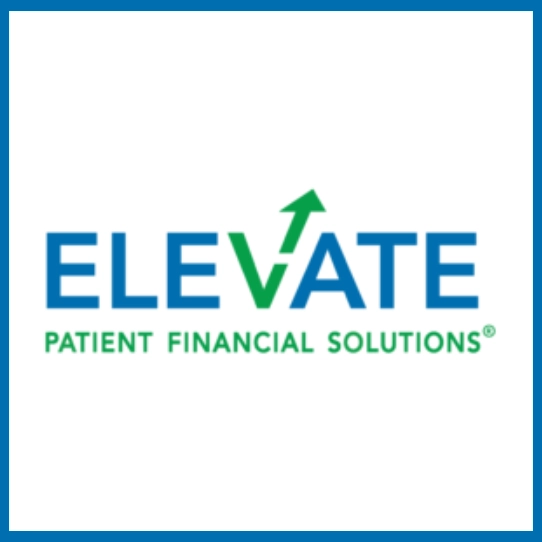ElevatePFS Leadership Insights: A Proactive A/R Strategy for Out-of-State Medicaid Accounts
When it comes to out-of-state Medicaid, waiting until issues arise is not an option. A proactive accounts receivable (A/R) strategy is essential for protecting revenue and minimizing denials in an environment where rules, payers, and timelines vary by state.
At ElevatePFS, proactive A/R management starts with understanding filing deadlines across states and implementing a streamlined tracking process. Monitoring accounts that are approaching critical timelines helps avoid technical denials that can delay or forfeit reimbursement.
Another key step is reconciling inventory regularly—not just for overall charges, but to zero in on high-dollar accounts and aged claims that pose the greatest risk. ElevatePFS tracks monthly volumes by both state and payer, allowing teams to identify trends, prioritize recovery efforts, and uncover areas for operational improvement in Out-of-State Medicaid workflows.
Additionally, payer-specific denial tracking allows for early detection of issues and quicker intervention. This data-driven approach not only helps with current A/R but also guides smarter business decisions on inventory that may no longer be viable.
Finally, robust reporting ensures visibility into recovery performance and account progression by state, empowering providers to better manage out-of-state A/R and reduce financial exposure.
With the right foundation and tools in place, providers can turn a traditionally reactive process into a strategic advantage—boosting cash flow, compliance, and confidence.




